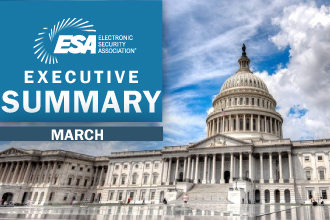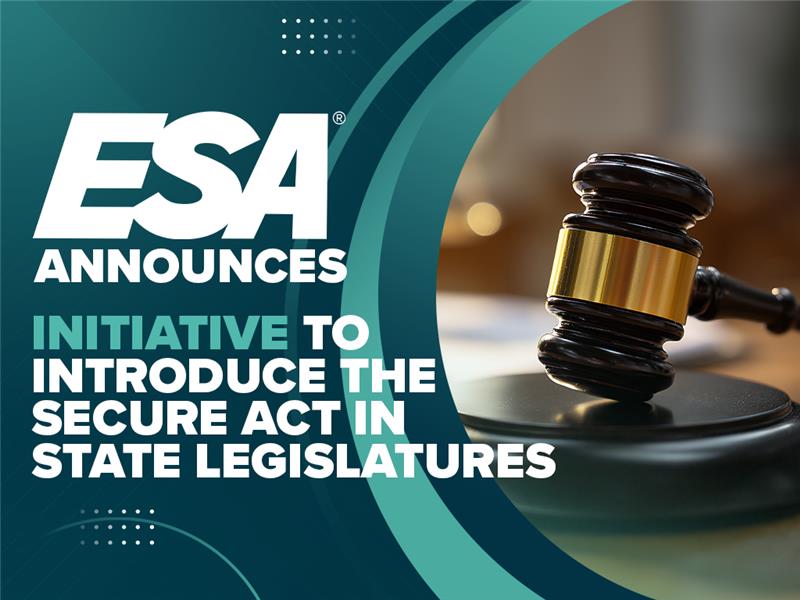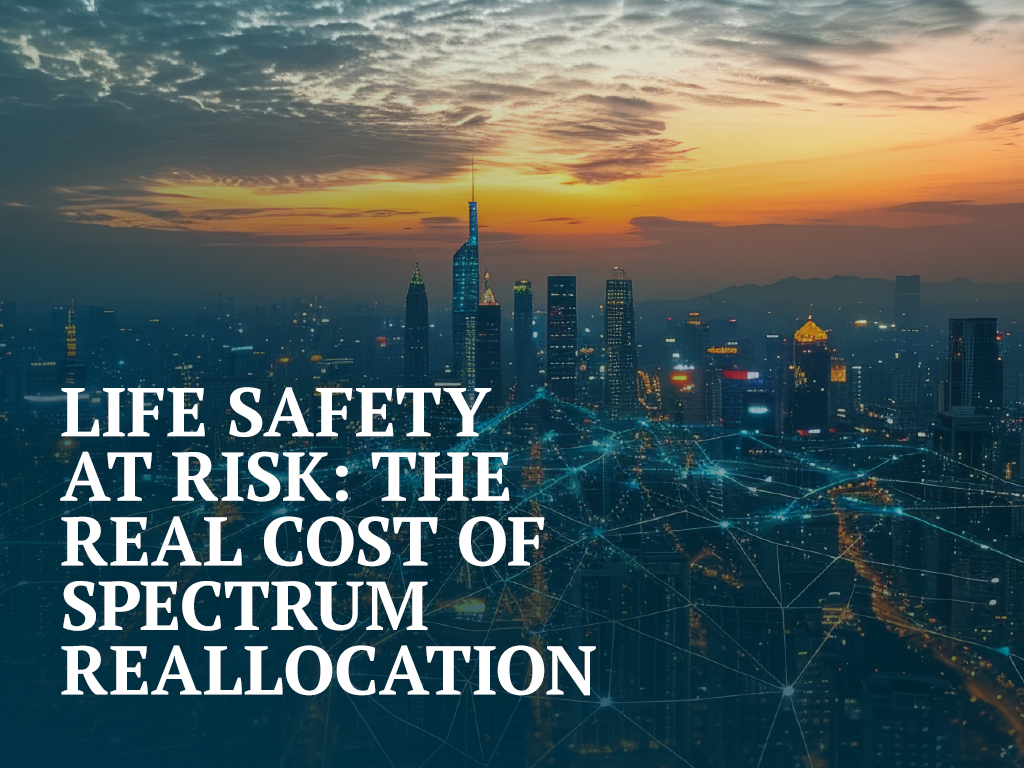Legislative action leads to new statutes and there were plenty of new laws with potential impact on the electronic security industry enacted in March. The following highlights some of the more notable bills enacted into law. Legislative action leads to new statutes and there were plenty of new laws with potential impact on the electronic security industry enacted in March. The following highlights some of the more notable bills enacted into law.
School Security
School Security bills with significant funding that includes the potential for increased funding of access control, alarm, video surveillance and other infrastructure improvements were passed in several states, including FL SB 7026, which was passed in direct response to the Parkland school shooting and ID SB 1350, which provides over $4 million from tobacco, cigarette and lottery income tax revenue for school security improvements. New Mexico added school security systems to the definition of building systems that are eligible for public school outlay funds that would be used for repairs, upgrades and maintenance.
Finally, Wisconsin passed a $100 million school safety grant bill, AB 843, which will provide grants to schools for several school security measures.
Employer Liability
Washington state enacted “ban the box” legislation (HB 1298) and mandatory employer deduction for union dues in places with collective bargaining contracts (HB 2751).
Fire/Life Safety
In Fire/Life Safety related issues, two bills that update smoke and carbon monoxide detector requirements were enacted, VA HB 609, WV HB 4138.
Monitoring
A bill supported by ESA National Company member ADT, FL HB 539, updates the two-call verification requirements for alarm signals to include modern electronic communication methods other than by telephone to fulfill the end-user contact requirements. This bill was chaptered on March 22nd.
Licensing
Several occupational licensing bills were enacted in March, such as FL HB 29, which provides for reciprocal licensing for military personnel with substantially similar training and experience requirements. ID HB 479 and HB 480 revise the specialty electrical contractor and limited energy contractor, installer and trainee requirements. UT HB 173 amends the conditions for reciprocal licensing in all occupations regulated by the Division of Occupational and Professional Licensing (DOPL). VA HB 63 removes the compliance agent requirement and changes bond and insurance requirements for private security businesses.




